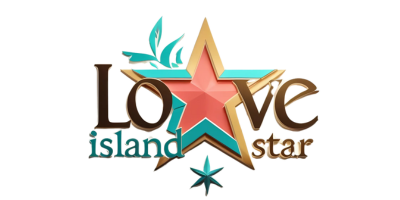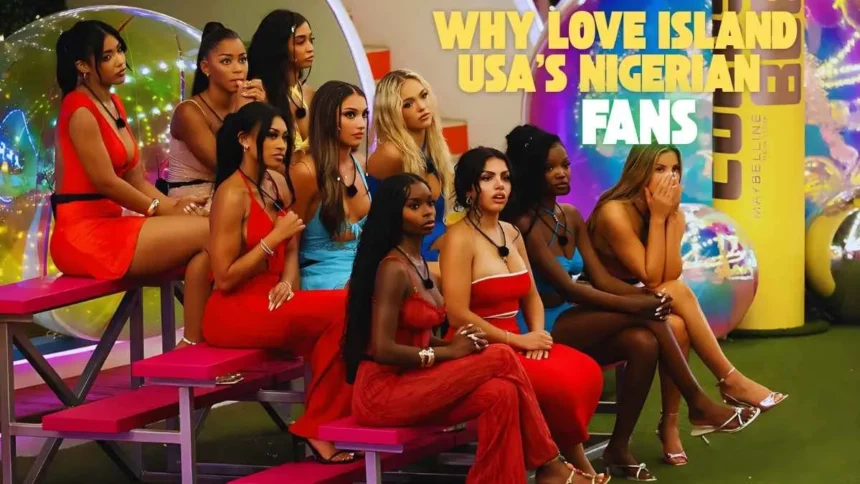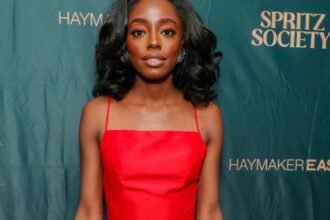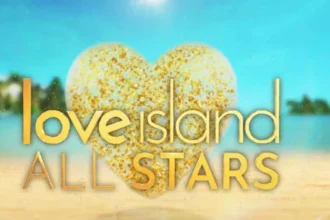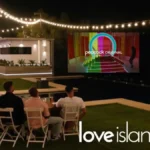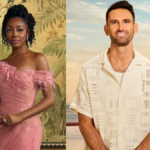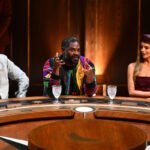Every season of Love Island USA has its drama, but this year, the biggest story wasn’t just in the villa—it was on a global, digital battlefield. While islanders were cracking on in Fiji, Nigerian fans, thousands of miles away, were orchestrating one of the most dedicated and controversial fan campaigns the show has ever seen.
Their passion was so intense that it led to accusations of toxicity, calls to have them banned, and a culture clash that exposed deep differences within the show’s global audience.
So, what is behind this incredible passion? It starts with a single Nigerian Pidgin word: “wahala.”
We Love ‘Wahala’: The Nigerian Appetite for Drama
“Nigerians love drama. We love ‘wahala’,” says 20-year-old student Ashimi Olamiposi, perfectly capturing the national love for the kind of trouble and delightful chaos that Love Island delivers in spades.
This inherent love for a good story is the fuel, but social media is the fire. During this season alone, “Love Island USA” was tweeted over 2.1 million times in Nigeria. On one peak day, Nigerian users generated a staggering 574,000 tweets—eclipsing activity from countries like South Africa or Ghana.
For many fans like Ashimi, the obsession started with one islander: the polarizing and unforgettable Huda Mustafa.
“I was like: ‘Who is this girl bawling her eyes out?'” she recalls with a laugh. She saw Huda as one of the few contestants who “came for the right reason” and had real “depth.” That connection sparked a mission.
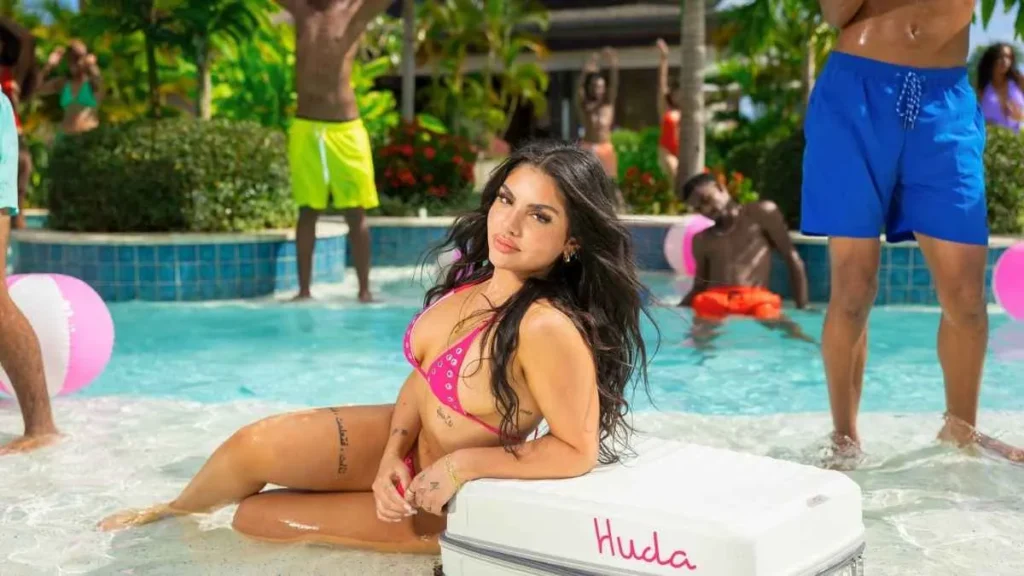
From Fan to Digital Soldier: Inside the Voting WhatsApp Groups
Officially, only viewers in the US can vote for their favorite islanders. But for the Nigerian fanbase, that was just a rule waiting to be broken.
Determined to support Huda, Ashimi found her way into a private WhatsApp group co-founded by organizers in the UK and Nigeria. This wasn’t just a casual chat; it was a highly organized operation.
“Of the 200 people in the chat, about 150 were Nigerian,” Ashimi explains.
With what she describes as military precision, the group pooled their money to buy American phone numbers, allowing them to bypass the geoblock and cast votes.
This level of dedication isn’t surprising to Donald Clarke, a television producer with two decades of experience in African reality TV. He links it directly to Nigeria’s rich cultural history.
“Nigeria has a huge story-telling culture. Nollywood is a symptom of that,” he says, referring to the country’s world-famous film industry. “That drifts into reality TV… They’re heavily invested, and they express that heavily on social media.”
Is It Deeper Than TV? The Political Connection
Dr. Wendy Osefo, a Nigerian-American sociology lecturer and reality TV star herself (Real Housewives of Potomac), offers a more profound theory: this passion is linked to Nigeria’s complex political landscape.
“A lot of Nigerians politically have lived their life through the lens of being viewers,” she explains. In a nation that has endured military rule and disputed elections, citizens have often felt like spectators to their own country’s drama.
“The biggest reality TV is our political system,” Dr. Osefo states.
Both worlds are filled with big personalities, strategic alliances, shocking betrayals, and dramatic twists. Whether in the legislature or the Love Island villa, the dynamics feel familiar.
The Backlash: “Toxic” Fandom or Cultural Misunderstanding?
This passionate investment quickly turned vicious. The organized efforts of the Nigerian fans led to a massive online backlash.
When strategies from Ashimi’s WhatsApp group were leaked by “spies” supporting other islanders, accusations flew that the group was trying to shut down contestants’ social media accounts. The “toxic” label was born.
Posts on X (formerly Twitter) went viral:
- “Please ban Love Island from Nigeria.” (Nearly 9,000 likes)
- “There’s gotta be a way to ban the whole of Nigeria from watching Love Island again next year.”
- “Why is it always Nigerians with this toxic attitude towards TV shows?”
Ashimi believes the tension boils down to a cultural disconnect, particularly with Black American fans. She recalls being labeled “anti-black” for supporting Huda Mustafa, who is of Arab heritage, over Black islanders like Chelley Bissainthe and Olandria Carthen.
“I was bamboozled,” she says, her eyes wide. “Black Americans always make it about race whereas Nigerians don’t bother so much with that.”
Dr. Osefo explains this is rooted in different life experiences. “When you come from a predominantly black nation, race is not something that’s at the forefront of your mind.”
This passion also comes through in the “more colourful use of language,” she adds. A Nigerian mother’s instruction might sound more intense, and “that passion translates to social media.”
As fans gear up for the reunion, one thing is certain. The Nigerian fanbase will be watching, tweeting, and lapping up every last drop of “wahala.” They expect the islanders to “stand on business” and “be 10 toes down”—to be authentic and own their actions.
Because for them, Love Island was never just a show. It was a reflection of culture, a sport, and a community.
